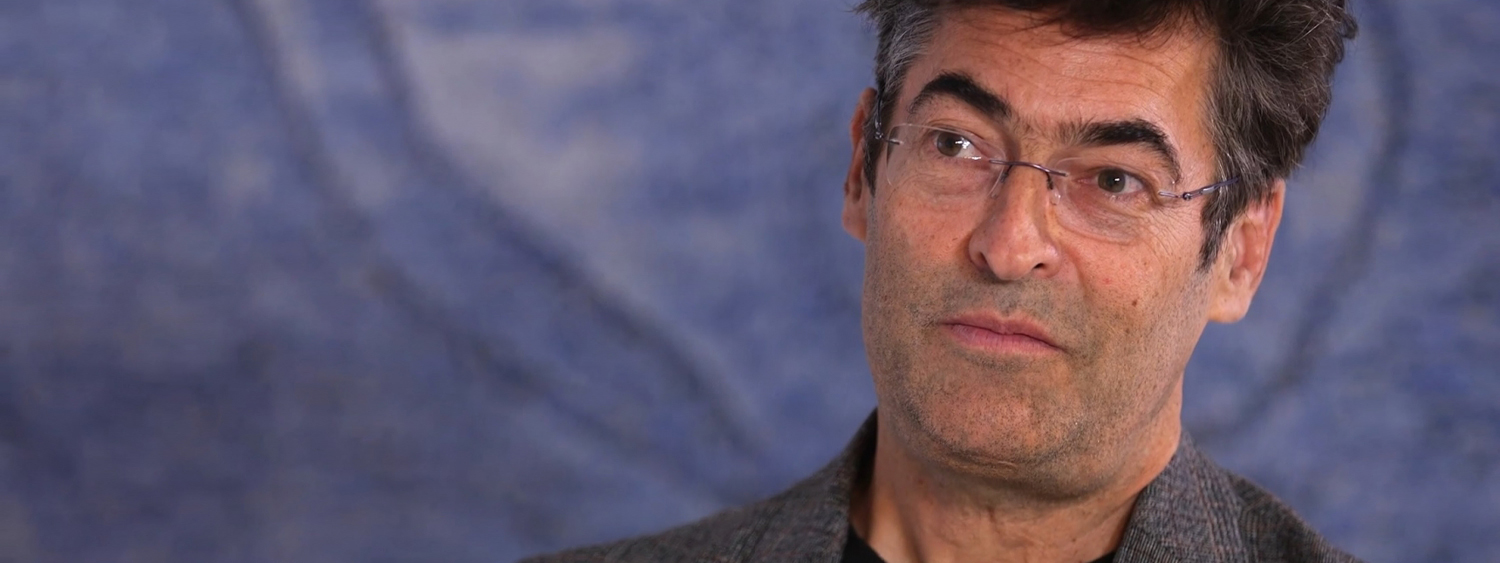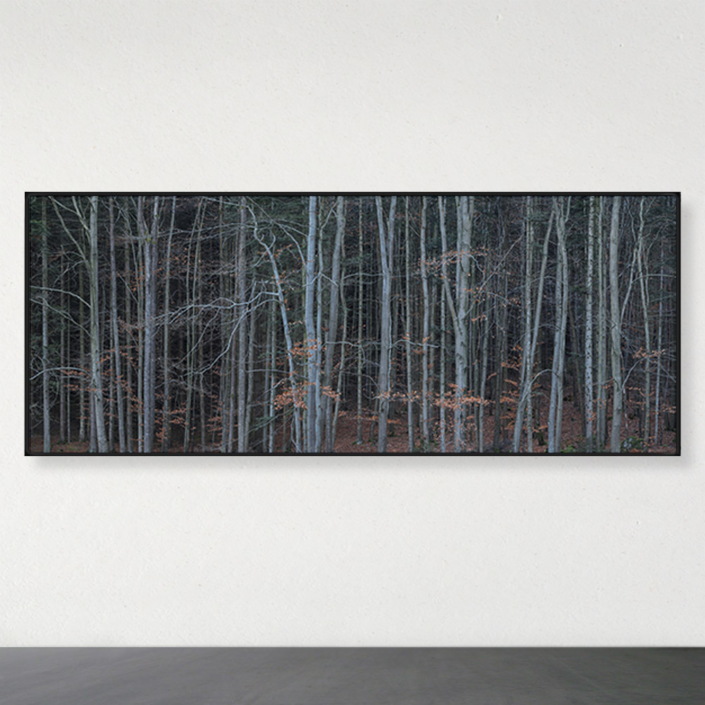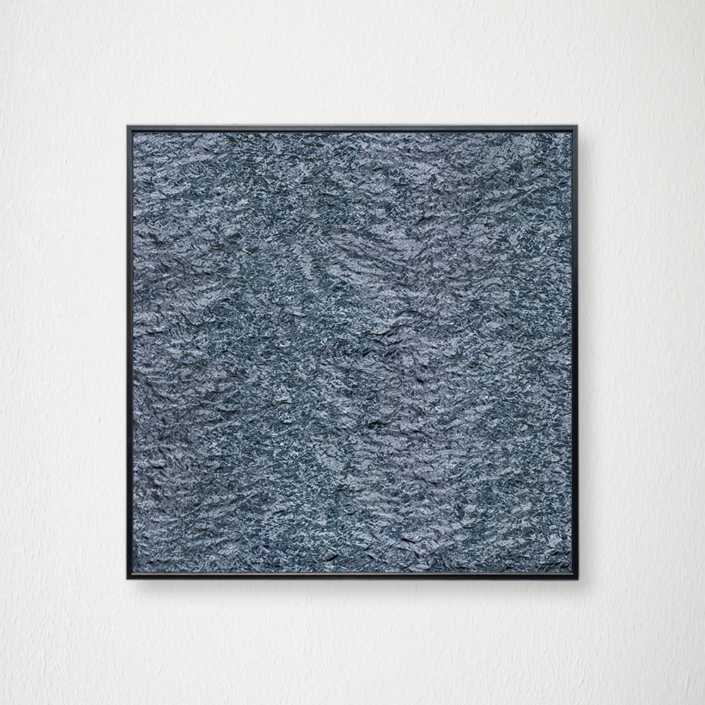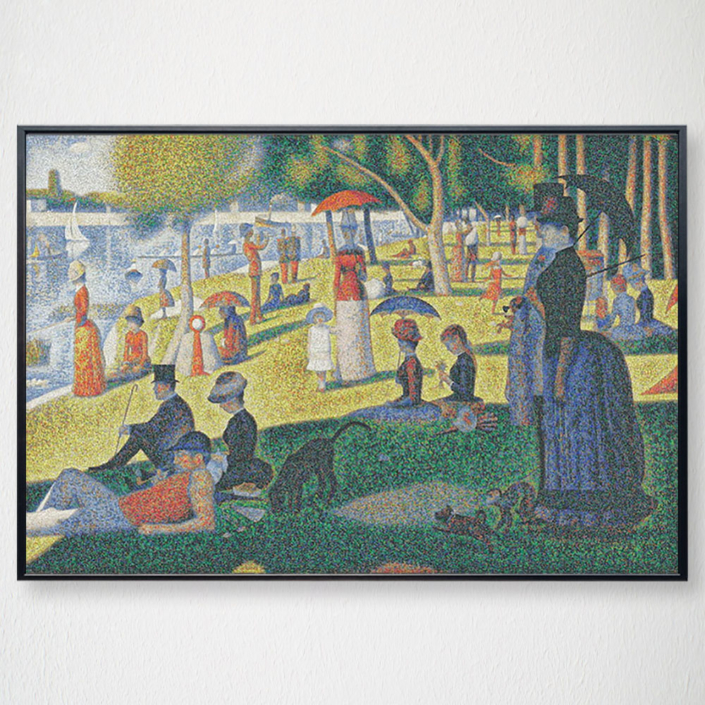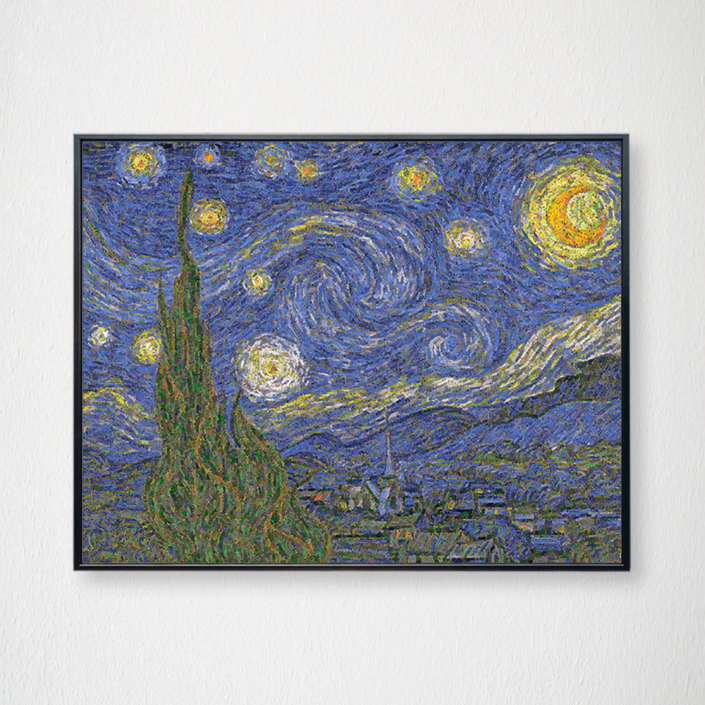Escaping the vortex of comfortable yet damaging habits is a great challenge, but change is harder to think about than to face. Chris Jordan knows this well. At 40 he chooses to leave a law career and the culture of consumerism that he used to defend becomes the subject of his art. Inspired by the works of Andreas Gursky and Richard Misrach, he studies large format photography, attracted by the superior quality of detail. As a post-modern archaeologist, he explores ports, industrial areas, landfills, both on location and in studio. The more he sees, the more he perceives the contradictions, confusion and absurdity of what he calls “a slow- motion apocalypse”. In front of his photographs, it’s impossible to remain oblivious. Choreographed and interpreted with great artistic sensitivity, Jordan’s works denounce a growing degradation. From a distance, his images seduce the eye, while up close they spark the mind and engage the heart. “I belong to a community of thinkers, artists, poets and scientists who are aware of how unsustainable our present model of consumption has become – but we’re on the margins of society: at the center there is an immensely powerful machine controlled by industry, oil companies and politicians, people who live in total denial and just don’t see how devastating the effects of consumerism are, not only for nature but also for the human psyche” says Jordan.
